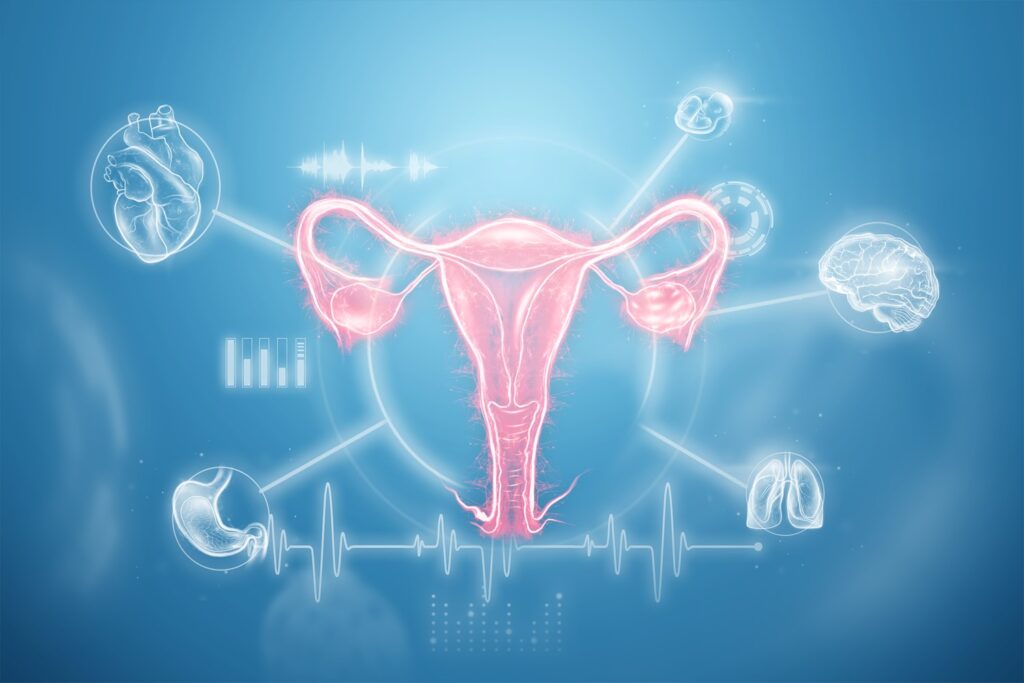
Pelvic Inflammatory Disease (PID) is a condition that affects the female reproductive system and can lead to severe pain, fever, and other complications if left untreated. Unfortunately, many myths and misconceptions surrounding PID can make it difficult for people to understand the condition and seek appropriate care. This blog will discuss some common myths and facts about PID.
Myth: Only sexually active women can get PID.
Fact: While PID is often caused by sexually transmitted infections (STIs), it can also be caused by other infections. Women who are not sexually active can still develop PID if an infection spreads to the reproductive system.
Myth: PID only affects young women.
Fact: While PID is more common in young women, it can affect women of any age who have a history of STIs or other infections that can spread to the reproductive system.
Myth: PID always causes symptoms.
Fact: In some cases, PID can be asymptomatic, which means that a person may not experience any symptoms. This can make it challenging to diagnose and treat the condition, which can lead to long-term complications.
Myth: PID is easy to treat with antibiotics.
Fact: While antibiotics are essential to treating PID, the condition can be challenging to treat, mainly if it is not diagnosed early. In some cases, surgery may be necessary to remove scar tissue or repair damage to the reproductive organs.
Myth: PID always leads to infertility.
Fact: While PID can cause long-term complications like infertility, not all cases of PID lead to infertility. Early diagnosis and treatment are critical for preventing long-term damage to the reproductive system.
Myth: PID is not contagious.
Fact: PID is not contagious in the same way that a cold or flu is contagious. However, if the underlying infection that causes PID is contagious, it can be spread through sexual activity.
In conclusion, PID is a serious condition that can lead to severe pain, fever, and long-term complications if left untreated. Understanding the facts and dispelling the myths surrounding PID is critical for promoting reproductive health and preventing long-term damage to the reproductive system. If you are experiencing symptoms of PID or have concerns about your reproductive health, seeking medical attention from a qualified healthcare provider is essential.
